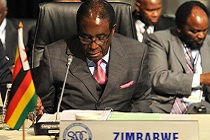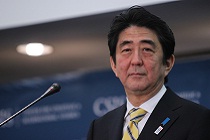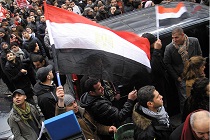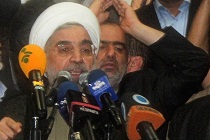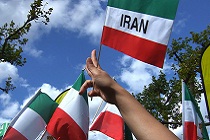A new ecosystem of liberal principles
Inclusive growth means inclusive reforms and equity in economic freedom, which empowers the formal sector as well as the huge informal sector in India. In the social sector, the government must fund beneficiaries, while in the political domain the ‘ruled’ and the ‘rulers’ must be equal



